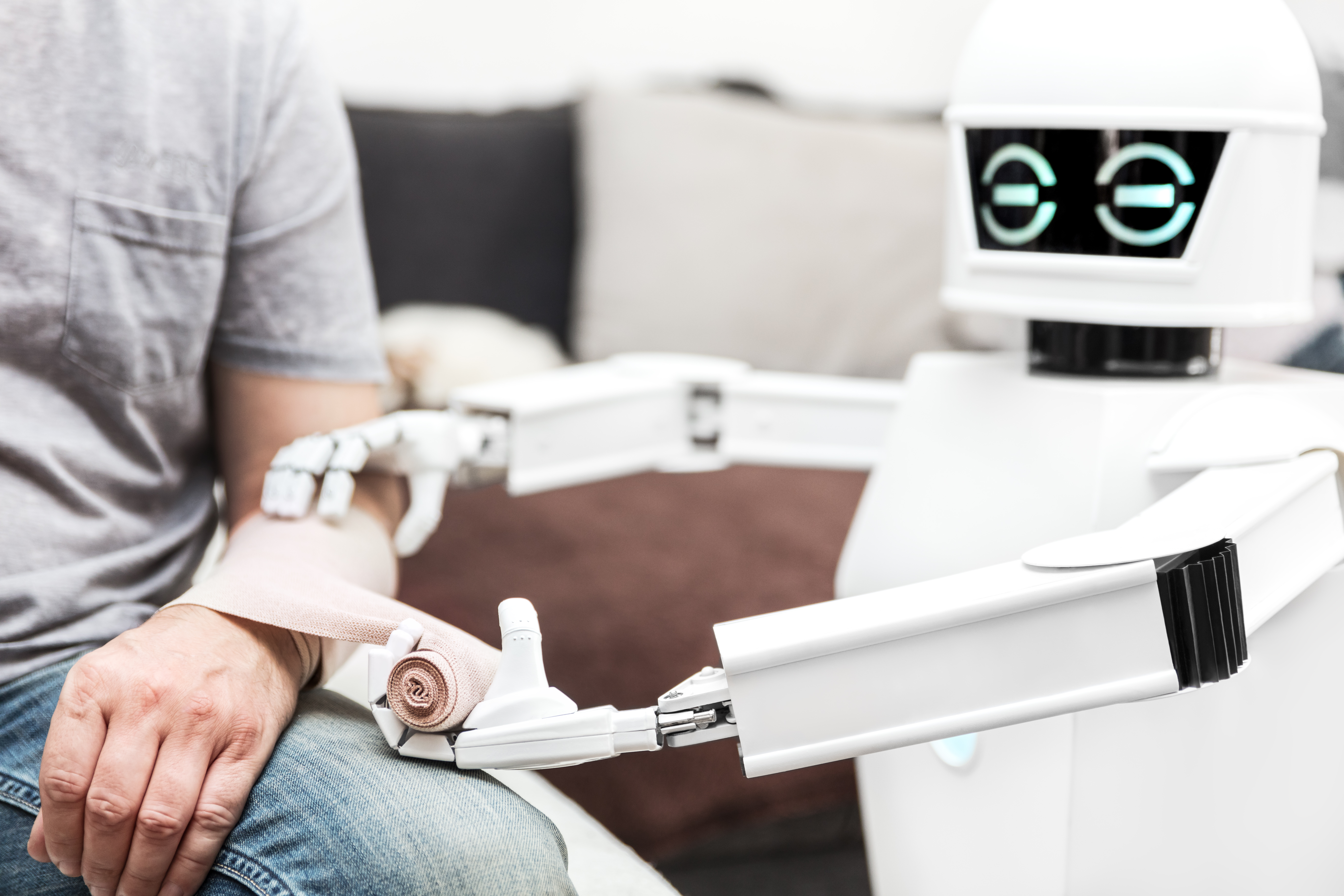
According to government data in South Korea, Chungnam Province, in the southeast region of the Korean peninsula, recorded the country’s highest suicide rate in 2020, with 35 suicide cases per 100,000 deaths, eight percent higher than the country's average. In an attempt to prevent future similar deaths, the provincial government has signed a cooperation agreement with South Korea's top telecom service operator KT to pilot AI-based care robots that will help communicate with residents who are living alone and dealing with mental health problems.
Managed by South Korea's Health and Welfare Ministry, the program is slated to run from March this year until October next year and involves 10 AI care robots that have been deployed to Cheongyang County, just south of the capital Seoul.
The robots analyze people’s voices and movements. If a robot detects abnormal activities, it will notify health care centers and guardians during the day and the KT control tower at night. The robot also offers personalized services, such as giving quizzes for dementia prevention and playing relaxing music. Other potential digital treatments include games and virtual reality.
The project may be expanded to other regions with high suicide rates after evaluating its effectiveness, said Hwang Chim-Hyun, an official from the provincial government.
According to reports, the South Korean government has planned to invest over $25 million in a research program developing digital treatments for depression after seeing the number of citizens dealing with the condition rise during post-COVID-19 from around 800,000 cases in 2019.
The number of single-person households is rapidly increasing in South Korea with a population of about 52 million. Some 1.6 million are single households aged 65 and older. Data released by South Korea's welfare ministry showed that the number of lonely deaths skyrocketed from 68 in 2011 to 1,145 in 2019.
Many different technologies have been adopted to prevent lonely death such as Internet of Things (IoT) sensors that can detect temperature, humidity and movements in real-time. In 2020, Seoul deployed 25,000 IoT sensors at the homes of single elderlies.
Photo by miriam-doerr/Getty Images


